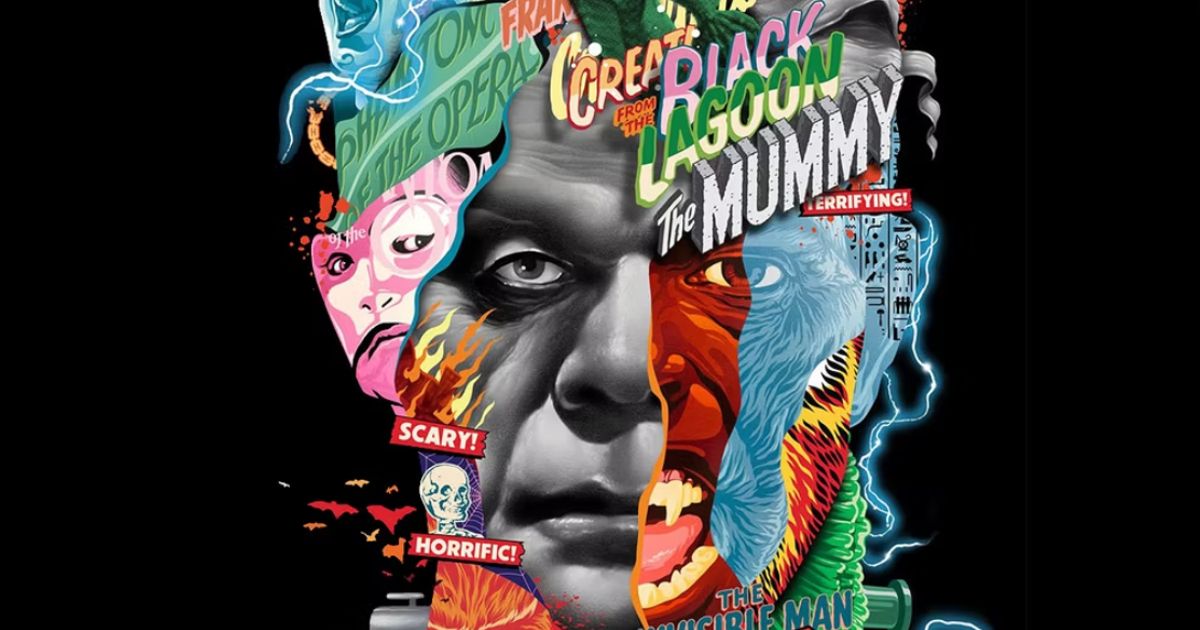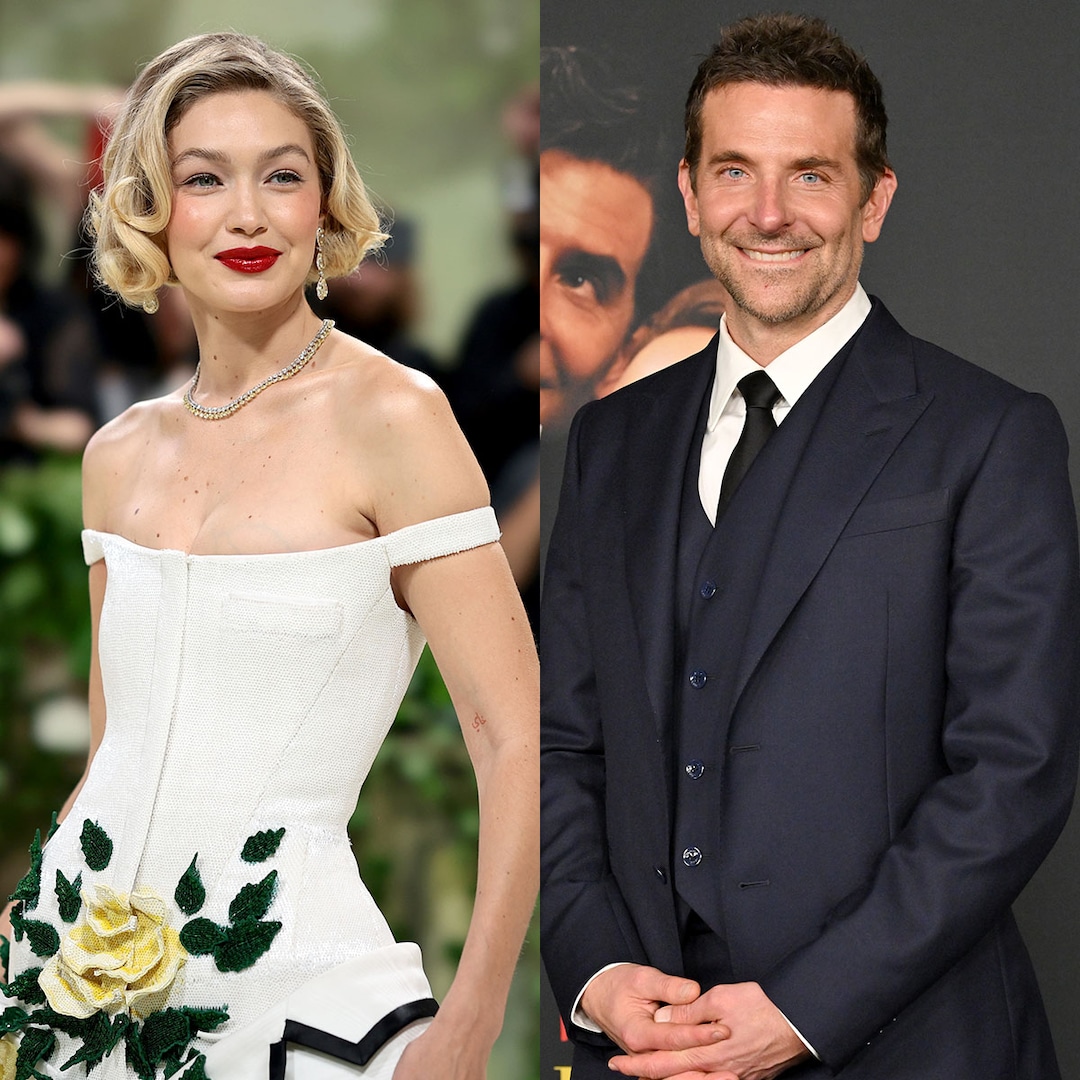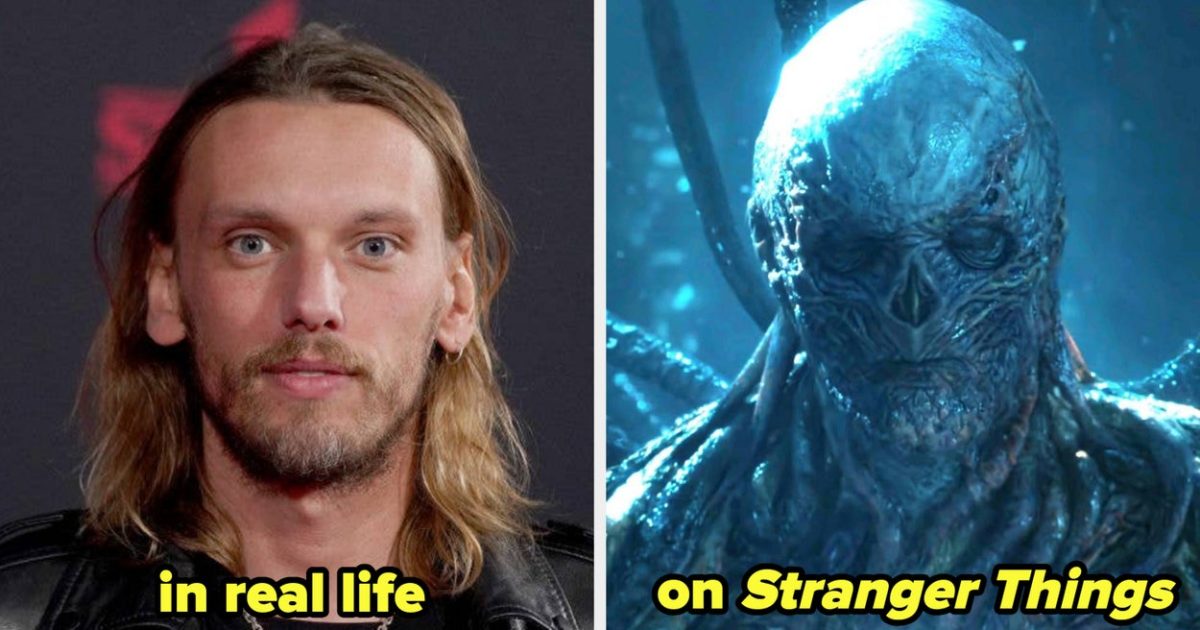
What Should Universal Do with Their Classic Movie Monsters?
Oct 23, 2023
The Universal Monsters were one of the first really successful film series in the history of Hollywood. From Dracula to The Bride of Frankenstein, The Invisible Man, The Wolf Man, and more, Universal’s classic monster movies of the 1930s and ‘40s are some of the most recognizable and influential films of Hollywood’s Golden Age. The iconic status that so many of these cinematic monsters have achieved has solidified their place as a mainstay in the industry, with new iterations and reinventions of the characters consistently hitting the screen in the near-century since their introduction.
As blockbuster films have become more and more the norm for cinema screens across the country and around the world, Universal has attempted to adapt their monsters into big-budget adventures that appeal to the desires of modern audiences. The results of these efforts have been pretty mixed, and although the studio has had big ambitions for these characters in the past, at the moment, the Universal Monsters all just appear to be collecting dust on a shelf.
These classic characters deserve better than that. Whether we like it or not, today’s cinematic landscape (at least in the eyes of studios and general audiences) is all about big franchises and how much money they make. The Universal Monsters have the ability to be a big horror success in the 21st century. Here’s how to achieve that.
Update October 16, 2023: In honor of Halloween and following the release of Renfield and The Last Voyage of the Demeter, this article has been updated with what Universal should do with its classic monsters.
Abandon the Dark Universe Concept
Universal Pictures
The Dark Universe has become one of the biggest cautionary tales of franchise filmmaking of the last decade. Universal believed that they could build their classic monsters into a cinematic universe reminiscent of that of the Marvel Cinematic Universe. 2014’s Dracula Untold was intended to be the beginning of this universe, but when that movie failed at the box office, it was then decided that 2017’s The Mummy would become the new launching point. Well, that didn’t work either, as the Tom Cruise-led adventure film crashed and burned just as brutally as Dracula Untold. The situation was even worse for The Mummy, though, as Universal had gone all-in on their cinematic universe plan for the film.
The Mummy branded a fancy title card that declared it a part of the “Dark Universe” and the studio had announced stars for several of its follow-up films. Javier Bardem was to play Frankenstein’s Monster, Johnny Depp would be The Invisible Man, and Russell Crowe was Dr. Jekyll and Mr. Hyde. The Mummy attempted to set up this whole monstrous universe, with Crowe even appearing as Jekyll/Hyde in the film, but the movie was so focused on world-building that it forgot to tell a cohesive and interesting story to ground it all.
Related: Dark Universe: All the Canceled Films Planned
Part of what made the Dark Universe fail so spectacularly is that it was a fundamental misunderstanding of what the Universal Monsters are. The Mummy took a grand blockbuster-adventure epic approach to the character, and the result was that the movie felt like a cheap rip-off of most of the popular superhero films of the time. It fell victim to some of the exact same issues that haunted Dracula Untold. Plus, for a movie about a monster, it didn’t really try to be scary at all. Universal wanted the Dark Universe to be their next big franchise, but without a solid foundation to build on, the entire concept collapsed in on itself before it had even gotten off the ground.
The original Universal Monster movies may have been vaguely connected, but they never attempted to thoroughly establish an overall canon or mythos to everything. They were just fun monster movies that happened to have a couple of recurring characters. They did eventually crossover with each other in what Universal dubbed the “Monster Rallies” films, which consisted of 1943’s Frankenstein Meets the Wolf Man, 1944’s House of Frankenstein, and 1945’s House of Dracula. However, the original films were not built with the intention of creating a larger franchise. They were just trying to be good standalone movies, and that’s one of the many reasons why they worked.
Learn from The Invisible Man
Universal Pictures
Leigh Whannell’s 2020 take on The Invisible Man is an incredible film that deserves way more attention than it gets. The movie is a modern re-interpretation of the Invisible Man story. Whannell made the smart decision to make the film more of a genuinely scary movie rather than a science fiction or adventure film. The Invisible Man is terrifying at times, and the story of the film is both a thrilling and anxiety-inducing exploration of grief, gaslighting, and revenge. The film builds such a tense atmosphere that it is able to terrify its audience with something as simple as a shot of an empty hallway.
The Invisible Man worked better than Dracula Untold and The Mummy because it remembered that this is, first and foremost, a horror property. It simultaneously adapts and pays homage to the original story while still being a legitimately new and refreshing take on the concept. Whannell understood what made the property successful in the first place, and instead of trying to re-invent it from the ground up, he took what worked and then built upon it and reshaped it to fit a modern context.
If Universal wants to build their classic monsters into the bankable brand they used to be, their highest priority needs to be telling good stories. Take notes on what made the movies and characters so popular to begin with, and then bring those ideas into a modern context without getting too caught up in what future sequels or spin-off movies may be.
Keep It Small
Universal Pictures
The Invisible Man made $143 million at the worldwide box office. That may not seem like much, and it could be construed as a failure when compared to the $217 million Dracula Untold made and the $409 million that The Mummy brought in. However, in reality, The Invisible Man was significantly more successful at the box office than either of those films, and it likely would have done even better if it hadn’t been kneecapped by the global pandemic that shut the world down only a month after its release. The differentiating factor between The Invisible Man and the likes of The Mummy is the film’s budget. Whereas Dracula Untold cost $70 million and The Mummy had a budget of $125 million, The Invisible Man was made for a mere $7 million.
After taking into account marketing and other related costs, Dracula Untold and The Mummy likely made very little profit, if any, at all. So, while The Invisible Man may not have pulled in as much cash as its two monstrous predecessors, the film managed to deliver a significantly better return on investment for Universal. Not only was The Invisible Man a far better film than those two, but it was far more financially successful.
The clear lesson for Universal here is not to let these monster movies get too big and out of hand with their budgets. If Universal can produce these movies as smaller and more thought-provoking thrillers, rather than the major blockbusters they’d been trying to, then the Universal Monsters could return to being the successful brand they once were.
Related: Best Universal Monster Movies, Ranked
Hopefully, it looks like the new Wolf Man approach will go the same way. It was Jason Blum and his studio Blumhouse Productions that worked with Universal on The Invisible Man and kept the film at such a low budget. Low-budget horror films have been Blumhouse’s bread and butter since the company launched in the early 2000s. They have an excellent track record in horror, with films such as Paranormal Activity, Insidious, Sinister, The Purge, and Get Out all under their banner. Low-budget horror is kind of Blumhouse’s thing. The most the company has spent on a horror movie’s production is $20 million (Halloween Kills and Glass), so it’s safe to say that The Wolf Man likely isn’t going to be a big-budget blockbuster. That is if it ever gets made.
Make Them Horror Films
Universal Pictures
Part of the issue with Dracula Untold and The Mummy was they turned these horror icons into action properties. While that did work in 1999 for The Mummy, it is important to remember that these franchises began as horror. While they might not have the same scare elements as in the 1930s, these properties can still hold weight in a modern context. They can be just as scary as new icons like the Babadook and M3GAN. The Invisible Man showed these characters could be just as scary today if reimagined right.
Universal has experimented with different genres. In 2023, they took two very different approaches to Dracula. Renfield was more of an action comedy, with the lesson many took being that it might have been better if it was more of a straightforward take on the material. The other was The Last Voyage of the Demeter, which took part in the Dracula concept and presented audiences with a twist and emphasized the horror. While neither one was a box office hit, they have gained their fair share of fans and will likely grow a cult fanbase. It is clear these monsters still have a place in the modern world and can still be scary.
Embrace Television
Universal Pictures
There’s always TV, and it seems like a great medium to experiment with a reboot of the Universal Monsters’ original storyline because of how broad it seems from a production perspective. Genre-bending and genre-blending feels like a good way to relaunch something that modern audiences aren’t very fond of, albeit with a niche that’s faithful enough to tilt the scale. Horror TV has proven to be much more successful than expected with universes like Flanagan’s, genre twists like What We Do in the Shadows, and nostalgia-based behemoths like Stranger Things. Friday the 13th and Halloween are about to get horror television shows, and so can the Universal Monsters.
Using the television format can truly expand on these character’s stories. Exploring Dracula through different eras. Letting the story of Frakenstein’s monster unfold like it does in the book, or having The Wolfman travel from town to town like David Banner in The Incredible Hulk. The characters might be the new TV stars that Hollywood is looking for, and with Peacock, there is a streaming service in need of brands and high-profile shows to boost its subscribers. The Universal Monsters could make Peacock the one-stop shop for horror-based television shows and bring their classic monsters to a new audience.
Publisher: Source link
Fans Are Reacting To Rihanna's Recent Comments About Shifting From Her Music Career, And They're Worried To Say The Least
"She tryna tell yall that she not releasing any music baby," one user wrote.View Entire Post › Disclaimer: This story is auto-aggregated by a computer program and has not been created or edited by filmibee.Publisher: Source link
Nov 13, 2024
Gigi Hadid & Bradley Cooper Twin During Limitlessly Chic NYC Date
A twinning moment is born. Gigi Hadid and Bradley Cooper—who have been quietly linked since October 2023—proved their romance is as strong as ever as they stepped out in coordinating looks for a stroll in New York City on Nov.…
Nov 13, 2024
15 Most Impressive SFX Makeup Transformations Onscreen
Now that we've talked about the best onscreen SFX makeup transformations, can you think of any you've seen that were laughably bad? What made them so unconvincing? Share your thoughts in the comments! Note: Some responses have been edited for…
Nov 12, 2024
Olivia Culpo, Mother-in-Law Cheer on Christian McCaffrey’s NFL Return
"We just started a book club but we're the only people in it, which is really funny," she recently told E! News. "I'm picking out girly girl thrillers and I'm making him want to read them." She noted they also try…
Nov 12, 2024











